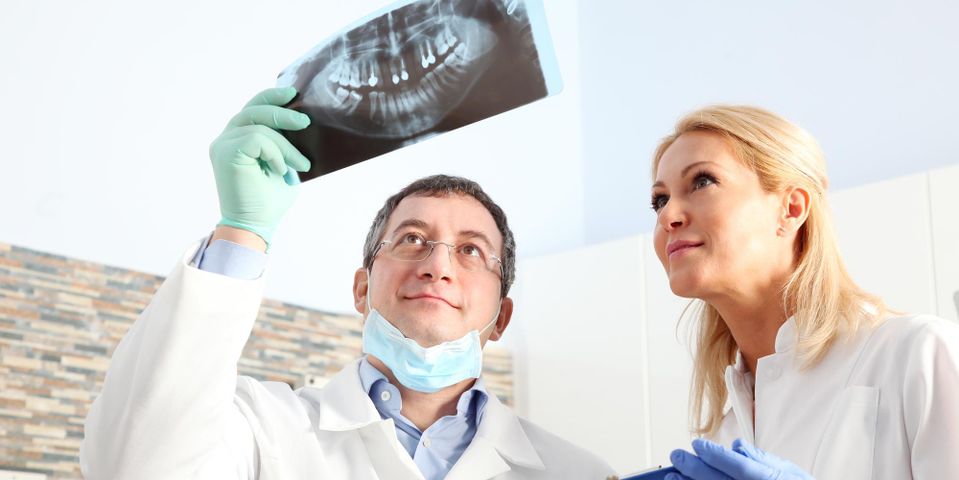What You Should Know About Diagnosing Oral Cancer

Oral cancer may not get as much attention as other types, but it can quickly spread to surrounding tissues and prove just as deadly. Fortunately, as with other cancers, early diagnosis and treatment from an oral surgeon provide a higher chance of recovery. Learn more about how you can find out if you have oral cancer.
Common Symptoms & Risk Factors
 Oral cancer comes with a wide range of symptoms, including an unusual mass in the mouth or neck, a mouth sore that refuses to heal, painful swallowing, a stiff jaw, or numbness in the chin and lower lip.
Oral cancer comes with a wide range of symptoms, including an unusual mass in the mouth or neck, a mouth sore that refuses to heal, painful swallowing, a stiff jaw, or numbness in the chin and lower lip.
Oral cancer is most likely to occur in smokers and individuals diagnosed with HPV, with older men generally at a higher risk than other groups.
Heavy drinking and excess sun exposure are also known risk factors for oral cancer. A healthy diet, regular exercise, and using sun protection can help reduce your risk.
Making a Diagnosis
If you experience any of the symptoms of oral cancer and they don’t go away over time, visit a dentist so they can examine your mouth. They’ll look for white patches, sores, and other abnormal signs inside your mouth.
An oral surgeon will remove a tissue sample from any suspicious areas for testing. This is done using either a needle or a precision cutting tool. The biopsied tissue will be evaluated in a lab to check for cancer.
If you get a diagnosis for oral cancer, the next step will be determining the extent of the disease. Common test options include an endoscopy, MRI, or CT scan to determine if the cancer is isolated to your mouth or has spread to other parts of the body. Then you and your medical team can determine your treatment plan.
Whether you need oral cancer diagnosis or treatments, trust Oral Surgery Associates of Alaska in Anchorage. Their board-certified oral surgeons use the latest technology to provide accurate diagnoses and top-quality treatments. To learn more about what they can do for you, visit them online, or call (907) 561-1430 to schedule an appointment.
About the Business
Have a question? Ask the experts!
Send your question

